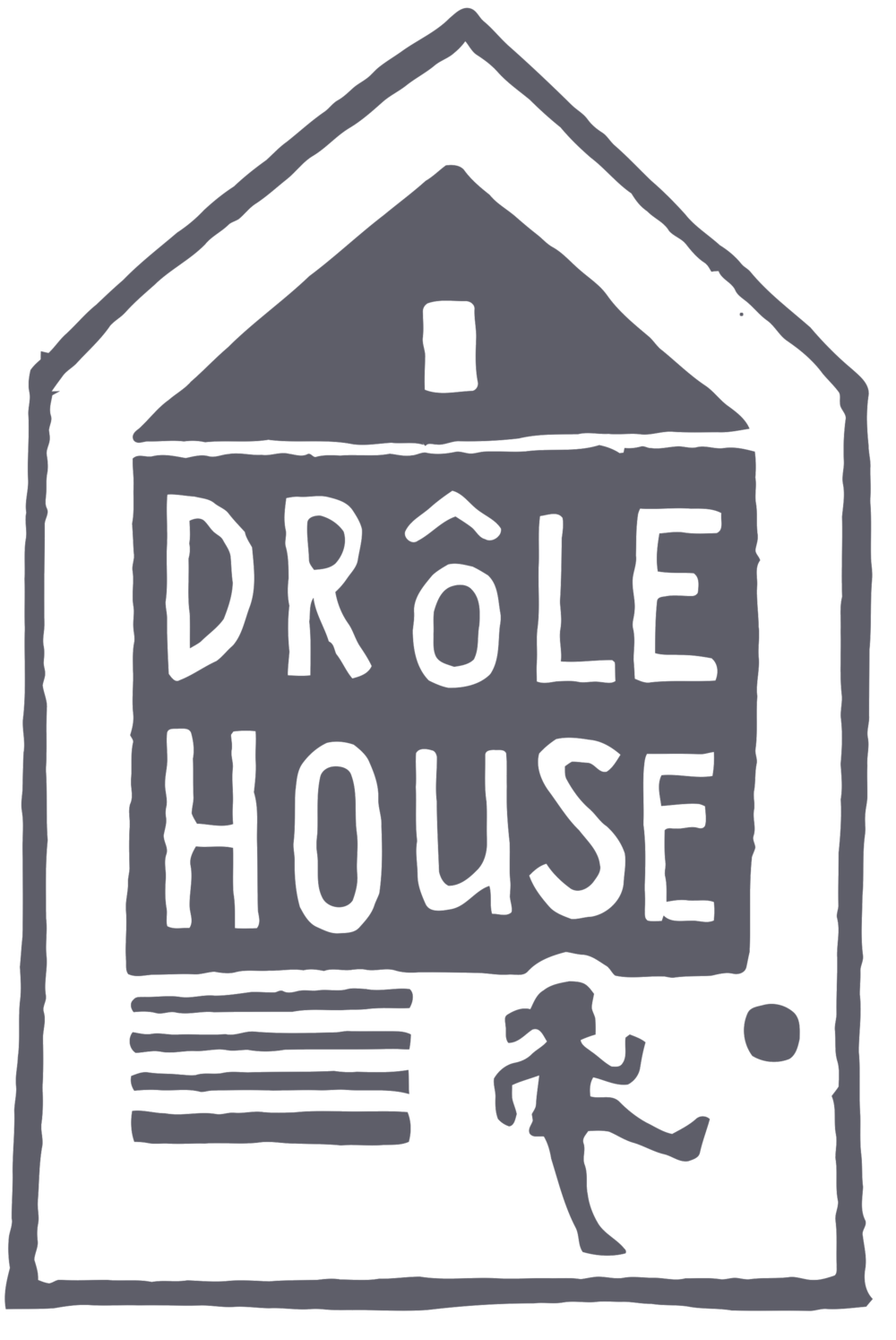by Deborah Mesher, Architectural Designer and Jonas Spring, Landscape Designer with Ecoman
Deborah: What does a landscape designer do?
Jonas: A landscape designer works with clients to develop a plan for exterior areas of the property such as gardens and paved areas but can also include rooftop gardens and parking pads too. Landscape designers work in four dimensions as the gardens change from season to season and year after year through time. They do consultations, develop proposals, execute concept designs, construction details and manage projects.
Deborah: What impact can a small urban ecosystem have?
Jonas: Private residences are small but interconnected green spaces that together form corridors of greenspace connecting larger greenspaces such as parks and ravines. While humans are obsessed with boundaries, birds, bees and other city inhabitants do not respect property lines and rely on small urban greenspaces to get around town, as refugia, food source and habitat. While largely considered a public benefit there are also many private benefits to stewarding your small urban greenspace as an ecosystem. Private benefits can include shading, cooler temperatures, human health and wellness, improved mental health, nature appreciation, small amounts of carbon sequestration, oxygen production, clean air, clean water, reduced erosion, reduced flooding and increased property value. In addition to wildlife habitat other public benefits to consider would be reduced runoff into combined sewers, public health savings, mitigate urban heat island effect, meeting climate goals, biodiversity targets, supports local growers and horticultural professions.
Deborah: What do you wish homeowners knew about plants?
Jonas: Plants are the building blocks of life on planet earth. There are plants likely draped on your body right now as your read this on a device whose exterior was created using the remains of plants while you sip a drink that is likely derived from plants. Beyond your individual connection with plants, they also support all of the interconnected systems that form the foundation of our economy. When viewed in this way it is easy to see the many ways that we interact daily with plants without even thinking about it. Beyond appreciating basic truths about the world we live in I wish people were required to study ecology regardless of their profession. Imagine the world we would live in if anyone who wanted to start a business was required to take into consideration the impact their goods and services have on the environment as a fundamental part of the the planning process. What if all professionals had that requirement? What a wonderful world that would be!
Deborah: What are you most excited about that’s emerging in your field?
Jonas: After decades of horticultural practice focusing on underlying values of beauty, control and uniformity we are seeing a shift towards valuing biodiversity, ecology, natural processes and integrating plants into the urban environment as green infrastructure. In other words we are seeing the importance of the function of plants being valued in addition to the form or look they have. This critical transition opens up possibilities to view plants as critical infrastructure, as kin and as foundational to our very existence. It's an exciting time to be working in horticulture doing front line climate work!
Learn more about Ecoman here.

